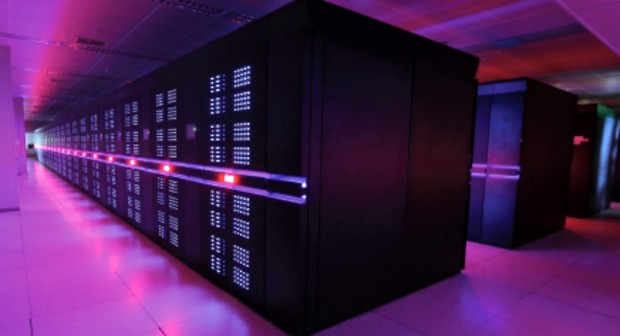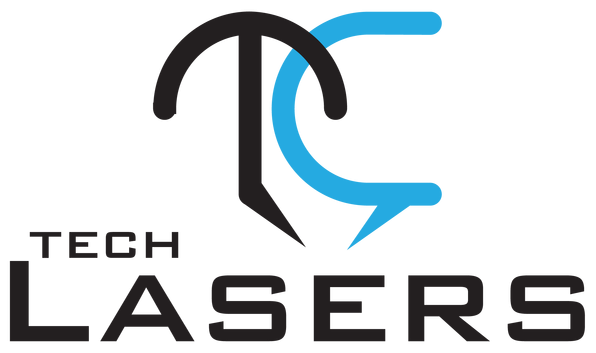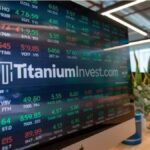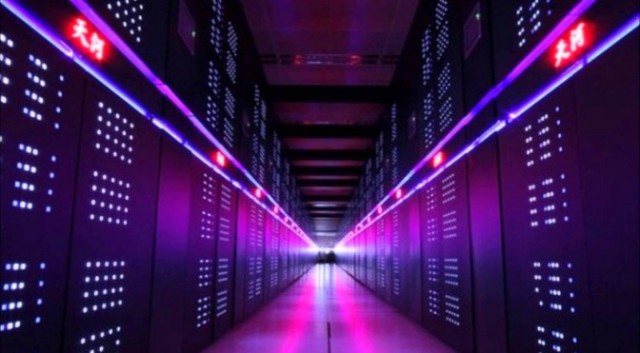Recently, Intel has refused t help the China in the process of updating the world’s biggest supercomputer, as per the instruction of government of U.S. Recently Intel applied for the approval and license to export thousands of chips to update for the Tianhe-2 computer, but after receiving the application for export license the Department of Commerce refused the approval by saying that they are concerned about the super computer machine because there are chances that Tianhe-2 computer is involve in the about nuclear research.
Apart from that Intel has signed a deal of $ 200 million or £1 36 million to construct the massive supercomputer for the national laboratories. Whereas; Tianhe-2 is constructed to use more than 80,000 Intel Xeon chips for the purpose to generate a computational capacity which is more than 33 petaflops. As per the report of Top 500, who is responsible to monitor the supercomputers, the Tianhe-2 is world’s most powerful and biggest machine from the duration of last 18 months.
 Apart from that on scaling we can say that petaflops indicate that machine can do more than one quadrillion calculations in a single second. The Tianhe-2 is due for the updates to boost the efficiency and number crunching abilities as after this update it was expected that this machine will be able to do 110 petaflops.
Apart from that on scaling we can say that petaflops indicate that machine can do more than one quadrillion calculations in a single second. The Tianhe-2 is due for the updates to boost the efficiency and number crunching abilities as after this update it was expected that this machine will be able to do 110 petaflops.
However; the series of updates totally depends on new Intel Xeon chips. Intel officials informed the authorities of U.S. Government about this involvement and the update process of programme and for that Intel was told to apply for an export license.
This notice was published on the website of U.S. Department of Commerce by saying that they have refused the Intel’s application to export the Intel Xeon chips for Tianhe-2 and other Chinese supercomputers as it is news from the sources that these machines are involved in nuclear explosive activities.
Whereas; the US export regulations stated that this cancellation of export license covers the technologies used for design or fabrication and development of latest nuclear weapons. In the official statement Intel make it clear that complied with the notification and cancellation of export license.
China now believes to accelerate its own chip making efforts on home ground to boost the power of four supercomputers including Tianhe-2 to complete the process of upgrading. Now there are much more possibilities that China may have to invest more to build heavy CPU architectures with alternative companies and as per reports China is anxious and ambitious to create its own homegrown CPU and OS alternatives.
However; Intel refused to sell the Xeon chips at any cost to China because company has signed a large deal to construct the Aurora supercomputer in Argonne National Laboratory at Illinois for the U.S. government. It is expected that after finish Aurora supercomputer will have the peak performance of 180 petaflops and it will make the Aurora supercomputer to the world’s most powerful and biggest machine to do hundreds of quadrillion calculations.

 Methods for Creating High-Quality Custom Apparel with Direct-to-Film Transfers
Methods for Creating High-Quality Custom Apparel with Direct-to-Film Transfers  How SASE Solutions Empower Productive Workforces in a Digital Era
How SASE Solutions Empower Productive Workforces in a Digital Era  Excel vs PDF: Which Dominates Document Sharing in 2025? (Data-Driven Comparison)
Excel vs PDF: Which Dominates Document Sharing in 2025? (Data-Driven Comparison)  TitaniumInvest.com Money 2024: AI‑Driven Tools Outperform Traditional Banking
TitaniumInvest.com Money 2024: AI‑Driven Tools Outperform Traditional Banking  Why Your Link Building Efforts Might Fail
Why Your Link Building Efforts Might Fail  How to Request or Give Remote Control in a FaceTime Call on iPhone
How to Request or Give Remote Control in a FaceTime Call on iPhone  The Rise of Intelligent Automation in Business Operations
The Rise of Intelligent Automation in Business Operations  The Best Ideas for Designing Your Custom Printed Ring Binder
The Best Ideas for Designing Your Custom Printed Ring Binder  How Technology is Changing the Way We Play Hearts
How Technology is Changing the Way We Play Hearts 